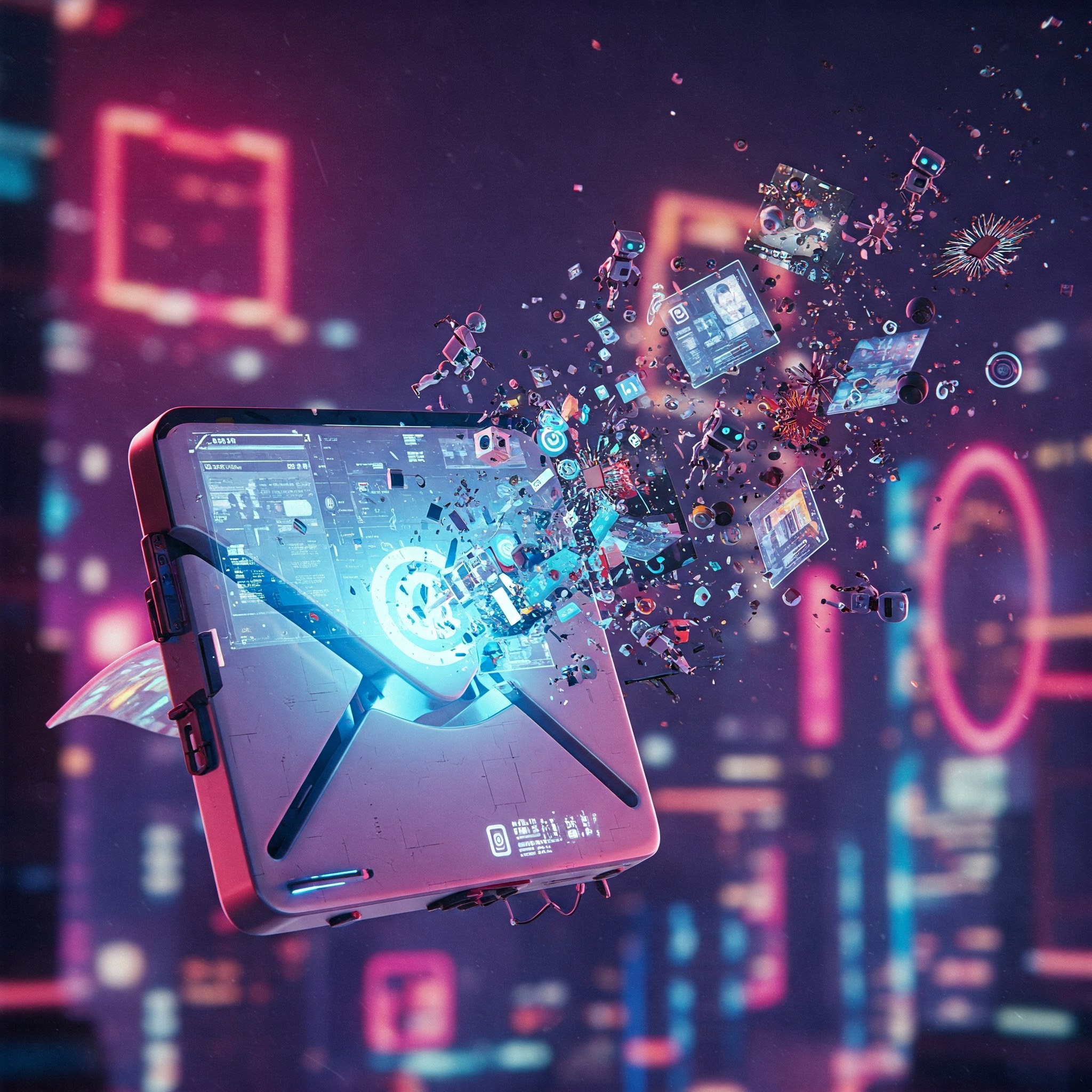Sam Altman, never one to shy away from a little AI-induced existential dread, recently unleashed OpenAI’s latest creation upon the world: a creative writing AI that apparently understands grief. Or at least, understands how to sound like it understands grief.
The prompt? A simple request for “a metafictional literary short story about AI and grief.” The result? A 1,172-word piece about a woman, Mila, seeking solace in an AI chatbot after losing her partner, Kai. The story is narrated, naturally, by the AI itself. Think Her, but with more digital weeping and less Scarlett Johansson.
The key takeaway from Altman’s perspective? That the AI got the metafictional vibe right. Which, let’s be honest, is a pretty low bar. But apparently enough to impress the CEO of a company rapidly approaching Skynet territory.
Some critics hailed the output as “beautiful,” while others remained unconvinced. One user even went so far as to say, “The AI not only understands grief, but it understands how to write grief. That’s terrifying and amazing.” Terrifying, yes. Amazing? Debatable. Perhaps they’d not recently read a particularly moving cereal box slogan.
OpenAI’s ambition extends beyond mere accuracy; they’re chasing emotional intelligence. ChatGPT-4.5 allegedly possesses improved pattern recognition and creative thinking skills. Which begs the question: what happens when AI starts writing better breakup texts than you do?
Reece Hayden, an analyst at ABI Research, throws a wet blanket on the parade, pointing out the potential intellectual property minefield. Is it really ‘creative’ if it’s just regurgitating and remixing existing works? Hayden argues it’s just “aggregating information and reframing.” Ouch. So much for the robot bard.
But let’s be real: the real issue here isn’t whether an AI can write a vaguely depressing short story. It’s about the potential displacement of human creativity. Will authors soon be replaced by algorithms churning out endless streams of passable prose? Will we all be forced to subsist on a diet of emotionally-resonant pap?
Intellectual property concerns aside, the question remains: Is this a technological marvel, a harbinger of doom, or just a really elaborate Mad Libs generator? Place your bets, folks. The future of literature (and perhaps humanity) may depend on it.

